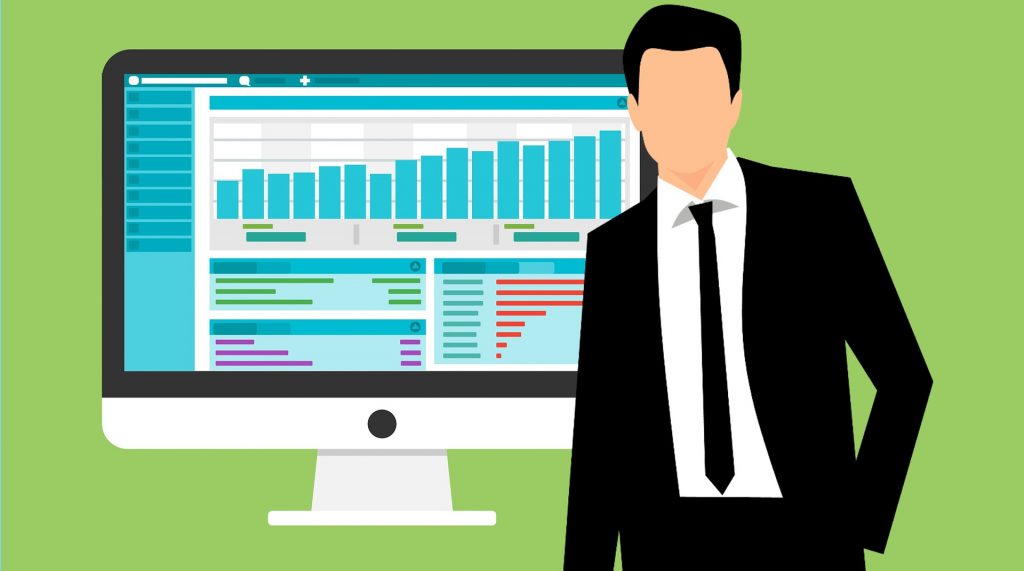What are ETFs?
ETFs are somewhat similar to mutual funds, but they have some key differences. They are investment funds traded on stock exchanges and are traded throughout the day like stocks. It means that you can buy and sell ETFs during the trading day.
If you’re thinking about getting started in ETF trading, you should know a few things. Here’s how to start trading ETFs like a pro.
When it comes to investing in exchange-traded funds (ETFs), many people think they need to have a lot of money or experience. However, this couldn’t be further from the truth. Everyone can trade ETFs, regardless of their investment experience or account size.
Tips to help you trade ETFs
Choose the right broker.
Firstly, it’s vital to choose the right broker for your investment needs. Not all brokers offer ETF trading, so it’s crucial to find one that does. You’ll also want to consider commission costs, account minimums, and the types of available ETFs.
Understand the basics
Before you start trading ETFs, it’s essential to understand the basics. It includes how ETFs work, what they’re made up of, and how they’re traded. You’ll be better prepared to make trades that fit your investment goals when you understand the basics.
Consider your goals
Before you start trading ETFs, it’s essential to consider your investment goals. Are you looking to generate income? Grow your portfolio? Protect against inflation? Once you know your goals, you can choose the right ETFs to help you achieve them.
Know the risks
There are risks involved when trading ETFs like any investment. It would be best to learn about and fully comprehend all such risks before you start trading. Only if you understand all the risks and know how to minimise them can you make informed decisions that fit your risk tolerance.
Start small
When you’re first starting, it’s a good idea to start small. It means making smaller trades and not investing too much of your portfolio in ETFs. As you get more knowledgeable and experienced, you can gradually increase your position size and exposure.
Diversify your portfolio
ETFs are an excellent tool for diversifying your existing investment portfolio. By investing in various ETFs, you can help reduce your overall risk.
Use stop-loss orders
Stop-loss orders are a valuable tool for managing risk when trading ETFs. You can limit your losses on trade by placing a stop-loss order if the market moves against you.
Review your positions regularly
Once you’ve established your positions, it’s essential to review them regularly. It includes monitoring the performance of your ETFs and making sure they still fit your goals. You may also need to adjust your position sizes as your goals or the market conditions change.
Have an exit strategy
Before you enter any trade, it’s crucial to have an exit strategy. It means knowing when you’ll sell your ETFs and taking profits off the table. An exit strategy can help you manage risk and maximise your returns.
Stick to your plan
Once you’ve put together a trading plan, it’s essential to stick to it. It means following your entry and exit rules and not letting emotions get in the way of your trades. You’ll be more likely to achieve your investment goals by sticking to your plan.
Why trade ETFs?
ETFs offer many benefits, including diversification, liquidity, and lower costs.
Diversification: ETFs offer instant diversification. When you buy an ETF, you’re buying a basket of stocks or other assets. You can get exposure to a wide range of investments with just one purchase.
Liquidity: ETFs are very liquid, which means they can be bought and sold quickly. There is always someone willing to buy or sell an ETF.
Lower costs: ETFs tend to have lower costs than mutual funds. They’re not actively managed, and they have lower fees.
These are just a few tips on starting trading ETFs like a pro. If you’re new to ETF trading, it’s essential to take things slowly and be prepared. With time and effort, you can become a successful ETF trader.

